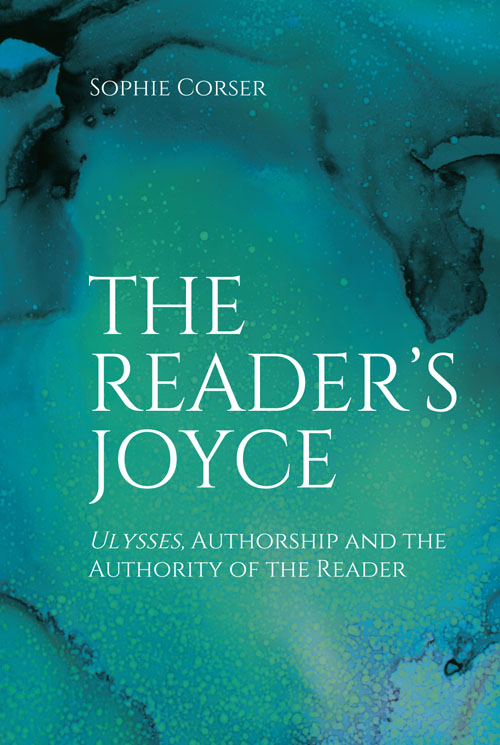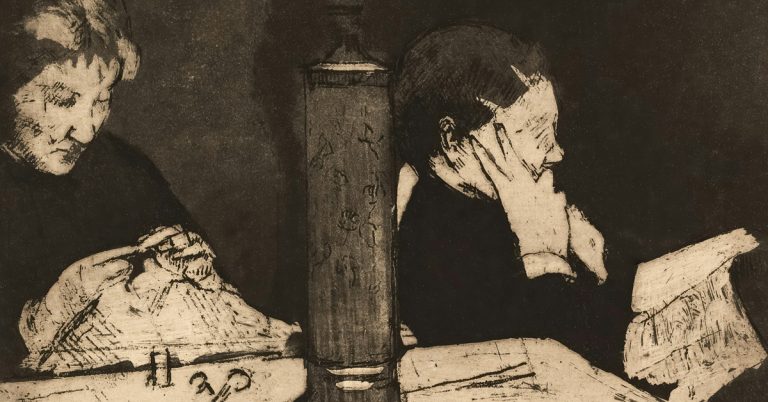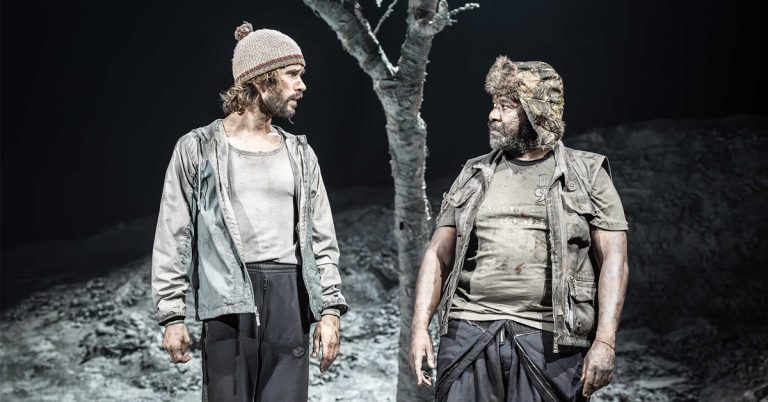
2022 marks a hundred years since Sylvia Beach published James Joyce’s novel Ulysses in full. What better time to think about reading Joyce? A hundred years of readers and readings!
Of course, that’s not the whole picture. Ulysses is also infamously unread. Yet this reputation – with every reference to it, and every time it puts off a potential reader – is its own reading of Joyce’s 1922 novel. It’s a reading that often finds Ulysses elitist, excessive, difficult, plain silly; not for everyone, needlessly complicated, over-hyped, unrewarding. And all before a glance at its first page.
I think that to be interested in readers requires paying attention to what goes unread, and why. In my EUP book The Reader’s Joyce: ‘Ulysses’, Authorship and the Authority of the Reader, my first citation – with a little humour – is Pierre Bayard’s 2007 text How to Talk About Books You Haven’t Read. Bayard is very pleased, and proud, to let us know he has not read Joyce – and that he is able to refer to both Joyce’s texts and his not-reading of them with neither shame nor anxiety. In this, Bayard is perpetuating a reading of Joyce: of his texts via reputation and therefore of what Joyce signifies. Complicated texts, rarely read!
Responses like these – which are of course the prerogative of any reader, direct or indirect – also rely on and perform readings of Joyce as an author. The creator of such a difficult, long, labyrinthine, ‘important’ text must himself be extraordinary, even godlike! Or is it that a novel by a famous, super-canonical ‘genius’ must in turn be remarkable, complex, out of reach? Actual, page by page, direct readings of Joyce’s texts enact this same quandary: to what extent is our reading of Ulysses informed by how we view Joyce, and how much is our idea of Joyce dictated by what we find in the novel?
In order to respond to questions like these, and show just how much they continue to matter to literary criticism, I believe we must pull at the intricate relationships between author, reader, and text. Which is what The Reader’s Joyce sets out to do.
I look at how approaches to authorship and the reader have changed in literary theory and criticism, how Joyce studies as a field encounters or promotes the authority of author or reader, how we read the narrative styles and intertextuality of Ulysses, and how Joyce’s life has been read and written in Joyce studies and literature. Quietly connecting many of these enquiries is my fascination with what the presence of Homer and the Odyssey does in Ulysses: how the unknown identity of ‘Homer’ as an author might encourage ways of reading that ignore, seek out, or create ideas of ‘Joyce’.
The Reader’s Joyce betrays my own preference for the opinions, ideas, and arguments of readers, over authors. In many ways, this book asks what it means to be more interested in readers when working in what can feel like an intensely author-centric field – how that kind of attitude works, and where it comes from. The questions I ask therefore have as much to do with the processes and manoeuvres of literary criticism as they do with how we navigate the pages of Ulysses. Looking at a century of responses to Ulysses helps us to understand how we read Joyce now, and where reading Joyce can take us.
About the author
Sophie Corser is a Government of Ireland Postdoctoral Research Fellow in the School of English at University College Cork. Before joining UCC, she was a Leverhulme Trust Postdoctoral Research Fellow at University College Dublin. Her work focuses on issues of reading in modern and contemporary literature and criticism. You can save 30% when buying her book The Readers Joyce by using code EVENT30 at checkout.
Like what you’re reading? You can keep up to date all of our blog updates and whats publishing at EUP by joining our mailing list! Sign up here.





